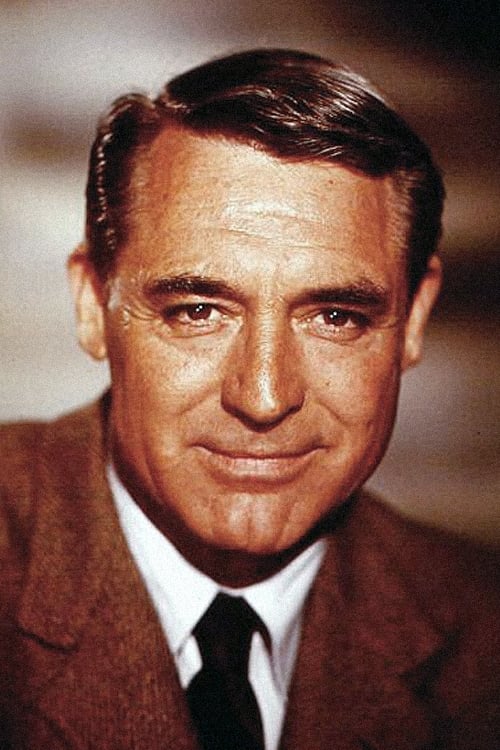Cary Grant
Cary Grant - , Thanks known for his work in such projectsAdvice for working with the Map of emotions: «North by Northwest» (1959), «Notorious» (1946), «Charade» (1963), «The Philadelphia Story» (1940), «Arsenic and Old Lace» (1944),
Cary Grant (born Archibald Alec Leach; January 18, 1904 – November 29, 1986) was an English-born American actor, known as one of classic Hollywood's definitive leading men. He was known for his transatlantic accent, debonair demeanor, light-hearted approach to acting, and sense of comic timing.Grant was born in Horfield, Bristol. He became attracted to theater at a young age and began performing with a troupe known as "The Penders" at age six. At the age of 16, he went as a stage performer with the Pender Troupe for a tour of the US. After a series of successful performances in New York City, he decided to stay there. He established a name for himself in vaudeville in the 1920s and toured the United States before moving to Hollywood in the early 1930s.
Grant initially appeared in crime films or dramas such as Blonde Venus (1932) with Marlene Dietrich and She Done Him Wrong (1933) with Mae West, but later gained renown for his performances in romantic and screwball comedies such as The Awful Truth (1937) with Irene Dunne, Bringing Up Baby (1938) with Katharine Hepburn, His Girl Friday (1940) and The Philadelphia Story (1940) with Hepburn and James Stewart, often with some of the biggest female stars of the day. These films are frequently cited among the greatest comedy films of all time. Other well-known films in which he starred in this period were the adventure Gunga Din (1939) and the dark comedy Arsenic and Old Lace (1944). He also began to move into dramas such as Only Angels Have Wings (1939), Penny Serenade (1941) and Clifford Odets' None but the Lonely Heart (1944); he was nominated for the Academy Award for Best Actor for the latter two.
During the 1940s and 1950s, Grant developed a close working relationship with director Alfred Hitchcock, who cast the popular actor in several of his critically acclaimed films, including Suspicion (1941), Notorious (1946), To Catch a Thief (1955), and North by Northwest (1959). The suspense-dramas Suspicion and Notorious both involved Grant showing a darker, more ambiguous nature in his characters. Toward the end of his film career, Grant was praised by critics as a romantic leading man, and he received five nominations for the Golden Globe Award for Best Actor, including Indiscreet (1958) with Ingrid Bergman, That Touch of Mink (1962) with Doris Day, and Charade (1963) with Audrey Hepburn. He is remembered by critics for his unusually broad appeal as a handsome, suave actor who did not take himself too seriously, able to play with his own dignity in comedies without sacrificing it entirely.
Description above from the Wikipedia article Cary Grant, licensed under CC-BY-SA, full list of contributors on Wikipedia.









 India
India Russia
Russia USA
USA Poland
Poland Ukraine
Ukraine